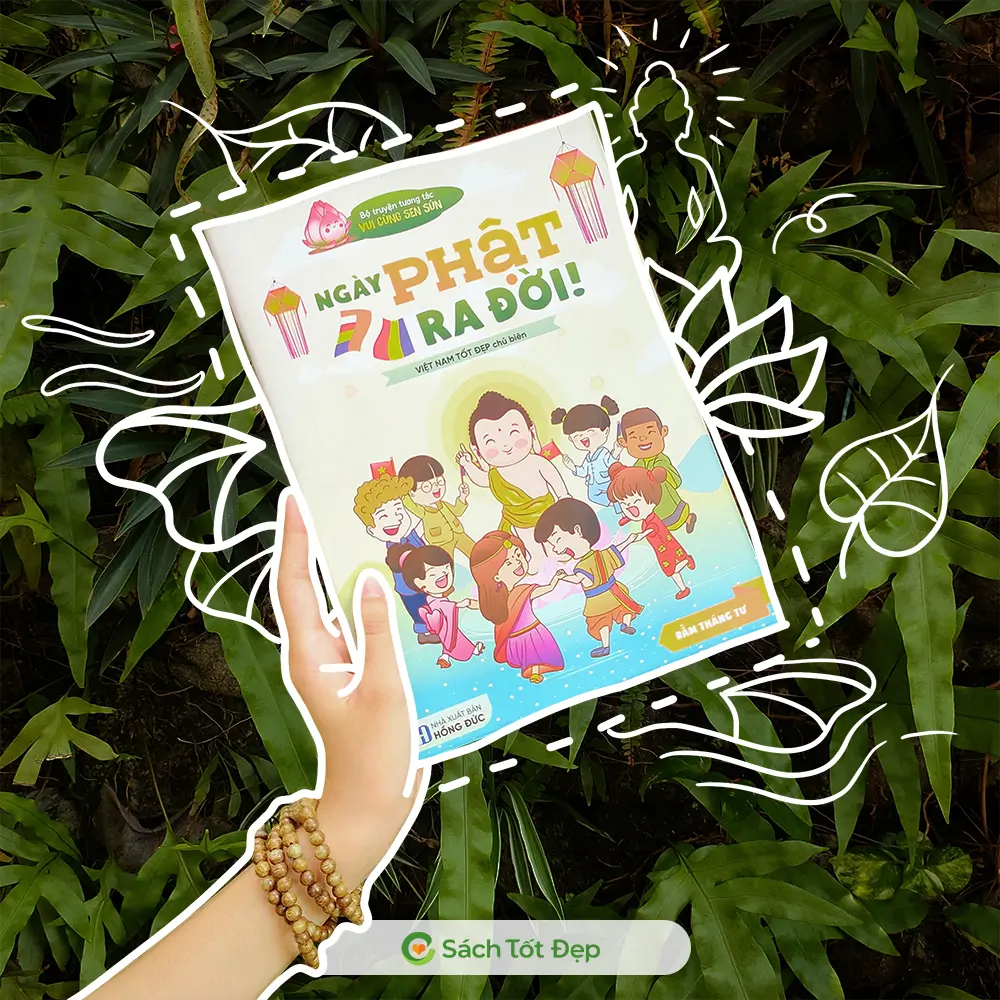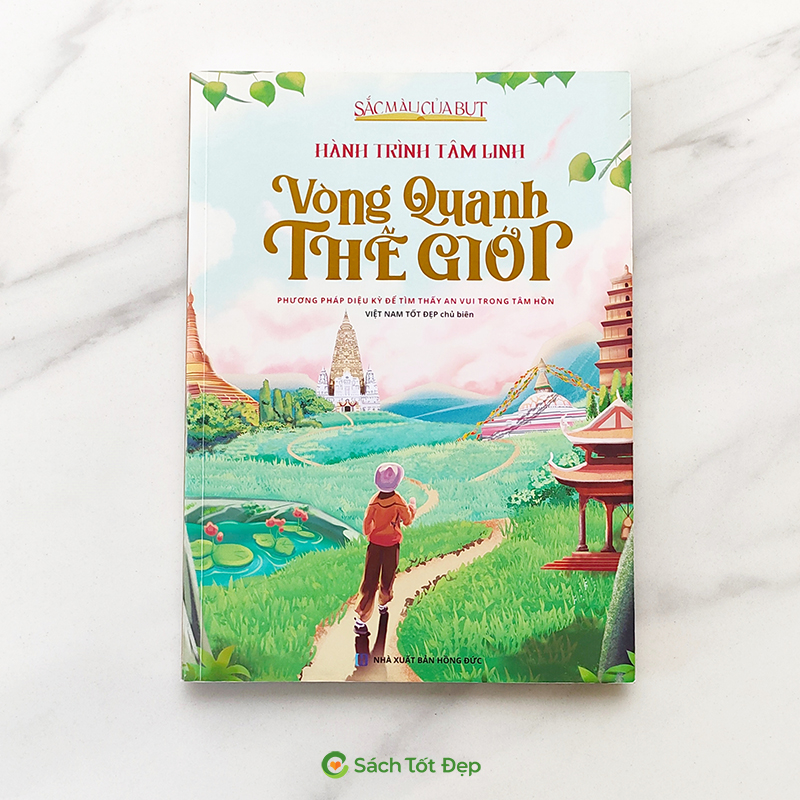Impact of Engaged Buddhism on Taiwan’s Educational System: A Look at Monastery Book-Reading Activities
Balancing Economic Growth with Cultural and Ethical Values: The Taiwanese Approach through Buddhist Philosophy
Taiwan has successfully balanced economic growth with cultural and ethical development, integrating worldly Buddhist philosophy into daily life and education. A key figure in this achievement is Master Tinh Vân, who has tirelessly promoted Buddhist concepts in society, especially in education. He proposed the mantra: “”Localize monasteries, make Buddhism practical in life, establish equality between monks and laypeople, and create a cultured atmosphere in daily life.”” He emphasized transforming monasteries into educational centers, making them more than just places of worship. By incorporating book reading activities, Buddhist teachings are brought to life, enhancing their cultural and educational impact on society.
Analyzing Group Book Reading Activities in Taiwanese Monasteries
The article delves deep into the origins of the thought process and educational principles behind group book reading activities in Taiwanese monasteries. It highlights how these activities have impacted national education and social ethics in Taiwan, as well as the influence of worldly Buddhism on the country’s education system.
Origins of the Thought Process Driving Group Book Reading Activities in Taiwanese Monasteries
1.1. Concerns in a Rapidly Changing World
The 21st century, marked by globalization, presents significant changes in economics, politics, culture, and religion, affecting contemporary human thoughts, behaviors, and lifestyles. These macro changes constantly shape human character and morals. The market economy heightens individual autonomy, leading to self-centeredness where personal perceptions outweigh others’ feelings. This mindset, known as “”pragmatism,”” surprisingly, isn’t extreme for many modern individuals but has become a normalized value pursued ardently.
Globalization and market economies, while respecting and protecting individual rights and material needs, can lead to social moral conflicts and a decline in behavior, lifestyle, and character. For instance, it fosters a materialistic and self-centered populace, undermining human emotional connections. Consequently, materialistic worship is increasingly prevalent in modern Taiwanese society.
Combining Culture, Education, and Community Activities: A Buddhist Approach to Modern Challenges in Taiwan
As Taiwan’s market economy and globalization drive societal progress, this progress is mostly inclined towards materialistic values. It’s challenging to prove that spiritual life, emotions, and social ethics are advancing concurrently. When a community prioritizes material gains, it often pays a high price in declining social morals and human relationships. This was evident in Taiwan during the late 1980s and 90s, where family conflicts over wealth became rampant. For money, people were willing to sever close familial ties and even resort to violence. These occurrences posed significant questions for societal administrators. Taiwanese Buddhism, particularly led by Master Tinh Vân, faced these concerns, advocating for a blend of culture, education, and community activities to uplift human spirit and society.
Buddhist Intervention and a Model Merging Culture, Education, and Community Activities
Culture is a broad concept encompassing various aspects of human material and spiritual life. Education, on the other hand, involves learning processes where knowledge and skills are transmitted across generations. Combining culture and education can shape individuals with moral and ethical characters, especially in the context of globalization.
Confronted with societal issues in Taiwan, social managers, sociologists, and religious leaders, including those from Buddhism, continuously seek solutions to help people and society overcome contemporary crises, restoring the balance between material and spiritual values. Master Tinh Vân, a prominent figure in Taiwanese Buddhism, proposed a model uniting culture, education, and community activities for ethical and spiritual cultivation. Since 1957, he has been instrumental in editing, translating Buddhist texts, and establishing magazines, publishing houses, and translation centers, enriching Buddhist literature.
Since its establishment in 1965, Fo Guang Shan’s Tùng Lâm Academy in Taiwan has trained thousands of young monks. These monks have spread globally, engaging in editorial work, education, and social charity. Their presence and activities are a testament to the effective integration of culture, education, and community involvement in Buddhism.
Since 2000, the “”Culture of Reading in Daily Life”” initiative has become a regular activity in temples and monasteries worldwide. In 2002, Fo Guang Shan’s Liturgy Department formalized group reading as a key part of its Dharma transmission activities. The combination of Buddhist education, Dharma propagation, and group reading sessions has drawn public attention, sparking a reading culture in society.
Promoting the reading culture among modern individuals, who have numerous entertaining alternatives to reading, is a long-term task. Realizing this, Taiwanese Buddhism advocates for diverse and inclusive approaches to Dharma propagation, making Buddhist education socially relevant. Master Tinh Vân continuously encourages the creation of children’s songs with Buddhist educational themes, helping the young generation understand Buddhist teachings through accessible lyrics. Furthermore, various clubs, talks, and workshops are organized to connect Buddhists from different regions, all aiming to balance economic development with cultural and ethical growth. These initiatives cultivate a proper understanding of Buddhism, enabling individuals to transcend life’s joys and sorrows and appreciate the wonders of the Buddhist world.
Educational Principles of Group Reading Activities in Taiwanese Monasteries
Educational Principles for Group Reading Activities in Taiwanese Monasteries
2.1. Embracing the Essence of Engaged Buddhism in Activities
In modern society, reading is viewed differently by individuals. Some see it as a refined hobby or intrinsic need, while others perceive it as a compulsion driven by exams or work requirements, leading to a secular and utilitarian approach to reading.
To engage those less inclined towards reading, Master Tinh Vân emphasized the importance of considering the participants’ backgrounds. The selection of reading materials shouldn’t be a unilateral decision but a collective one, accommodating various educational levels, interests, and self-study time. However, the chosen content must still be related to Buddhist teachings, aimed at gradually enhancing understanding and self-awareness of Buddhist principles. The content should address common concerns and inspire optimism and kindness.
Master Tinh Vân also advised facilitators of reading groups to avoid dominating discussions with strong opinions. Instead, they should encourage a supportive and respectful atmosphere, fostering interaction, mutual aid, and trust among participants. This approach cultivates a sense of responsibility towards the community, underlying the educational philosophy of group reading in monasteries.
2.2. Guiding Discussions with ‘Question, Contemplate, Practice, Realize’
A common challenge for facilitators is engaging participants effectively in discussions. Many reading groups start with high attendance but dwindle due to poor organization. One effective method is to guide discussions using the “”Question, Contemplate, Practice, Realize”” principle from Buddhist teachings. This involves four stages from initial inquiry to achieving enlightenment in Buddhist practice.
“”Question”” represents the diligent pursuit of Buddhist knowledge. “”Contemplate”” involves deep reflection on learned concepts for a correct and thorough understanding. “”Practice”” means applying these insights to daily life, embodying Buddhist teachings. Finally, “”Realize”” refers to achieving true understanding of Buddhist wisdom through sustained practice.
Regardless of how long one studies Buddhism, without deep contemplation or practice, true realization cannot be achieved. Group reading activities aim to strengthen connections among participants through shared learning, discussion, and personal experiences related to Buddhist scriptures. These interactions make Buddhist teachings more tangible and relevant to individuals’ lives, leading to personal insights and enlightenment in Buddhist philosophy.
Impact of Group Reading Activities on Taiwan’s National Education System
3.1. Healing Breaks and Bridging Gaps Between Individuals
As mentioned, the educational principle of group reading activities involves discussions and dialogues that allow participants to freely express personal opinions and encourage diverse viewpoints. Regardless of experience, social status, or gender, each opinion during discussions, whether mainstream or not, profound or superficial, holds certain value and meaning. This structure, based on equality and mutual dialogue, helps facilitators to understand the thinking of each participant. More importantly, through sharing personal experiences, it contributes to healing past traumas and conflicts among attendees.
Particularly in modernizing Taiwanese society, with family structures often under strain—parents too busy for their children, weakening bonds between siblings, etc.—the “”Family Reading”” model, involving parents and children in group activities, helps bridge previously existing gaps. Through reading and discussion, with an attitude of listening, respect, and sharing different viewpoints, a mutual understanding and empathy are fostered, resolving emotional distances and fractures from the past. This explains why group reading activities must focus on real-life issues as their educational foundation.
3.2. Eradicating Socioeconomic and Urban-Rural Disparities, Fostering a Harmonious Society
With the philosophy of “”Living with the Fragrance of Books”” promoted by Master Tinh Vân, encouraging nationwide reading, communities from impoverished rural areas to bustling urban centers have established models for group reading activities. Since the late 1990s, the Buddhist Reading Group of Fo Guang Shan has continually developed various models to expand and diversify group reading activities. Apart from Family Reading Groups and Community Reading Groups, this movement has spread to schools, organizations, factories, prisons, etc. Tailoring to specific groups like children, youth, women, etc., these activities aim to make reading an integral part of community life, bridging gaps between urban and rural, rich and poor.
A stable society or a harmonious family always resonates with the collective consciousness of its individual members. A leader who prioritizes personal goals may often feel mentally exhausted, and their desired outcomes might not be achieved. This is because human nature inherently includes individualistic thoughts and actions. Therefore, aligning individual minds with the collective thought of a group, fostering autonomy and collective spirit, and establishing common goals are essential for harmony in families, schools, and society.
Conclusion
Education is a journey of experiencing and exploring human civilization. Engaged Buddhism in Taiwan, led by Master Tinh Vân, has combined Buddhist teachings with over fifty years of personal study and research, establishing a concept and model of Engaged Buddhism influential not only in Taiwanese society and humanity but globally. Today’s Engaged Buddhism is a trend towards globalization, but the core principles of integrating culture, education, and Buddhist community activities, rooted in Taiwanese Engaged Buddhism, remain valuable.
Sản phẩm bạn có thể quan tâm

Let’s play with Sen Sun: Mid-Autumn Festival
Coloring book
30.000đ

Wisdom Combo: 5 books + 3 special gifts
Coloring book
280.000đ

Let’s play with Sen Sun: Buddha’s birthday
Coloring book
28.000đ

The Colors of Buddha: A Spiritual Journey Around the World
Coloring book
135.000đ





